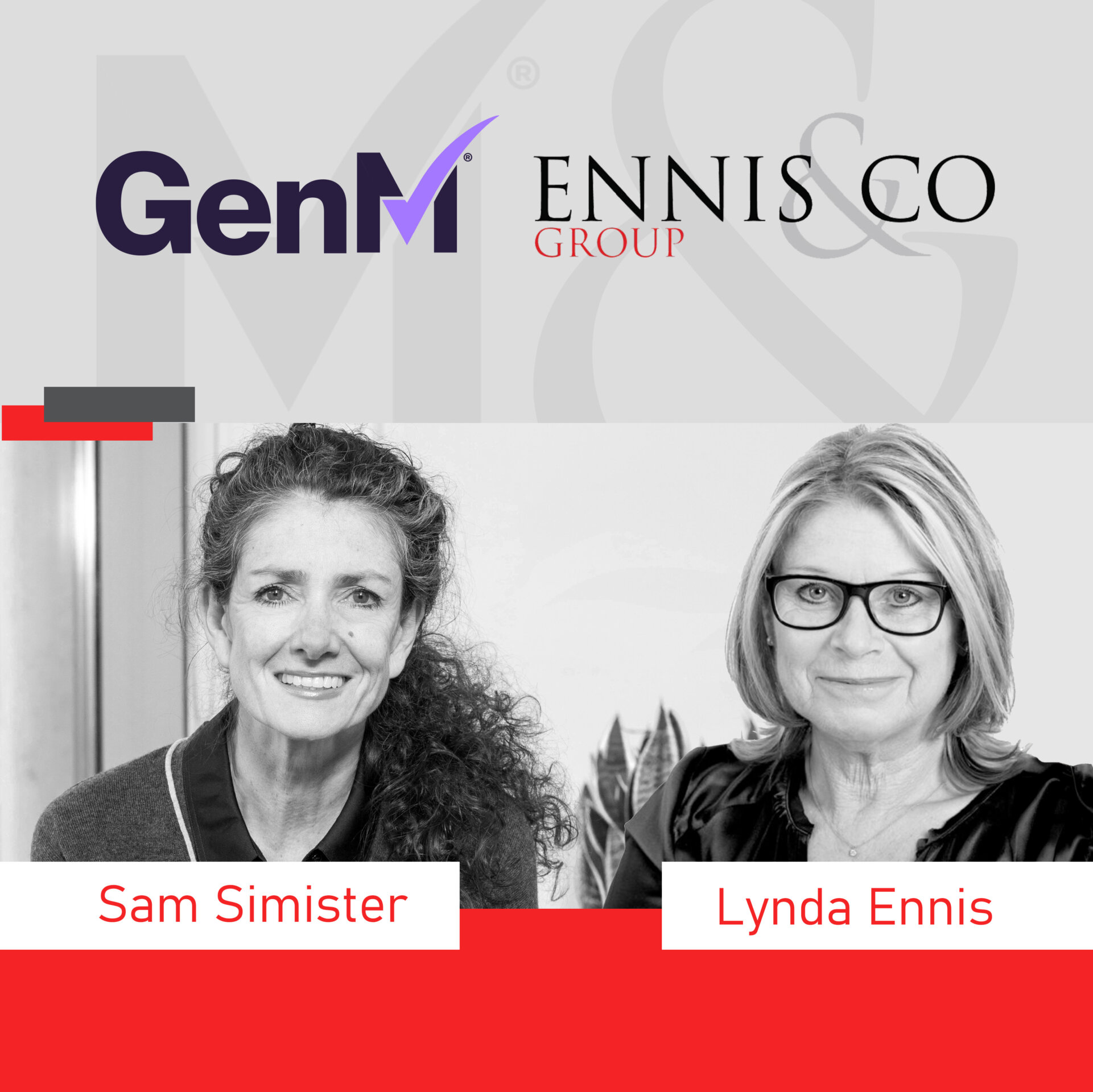When looking for your next senior hire, the road to the ideal candidate is often strewn with challenges. Identifying the skills required, the leadership qualities to drive the business forward, and ensuring that the role fits into the overall business strategy can be difficult stumbling blocks to overcome.
Executive Search firms have long been in the business of finding amazing candidates for amazing brands. After 15 years of doing just that, we understand that businesses may be unsure if this is the path to follow. At Ennis & Co Group, we specialise in taking the time-consuming, complex process out of your hands and letting our experts locate the individuals you need.
But there are some things you can do to maximise your chances of a successful outcome. In this blog, we explain how you can work with us to get the best out of the Executive Search process and avoid the possible pitfalls of cancellation fees and unfilled roles.
Stage 1 – Align your teams
Make sure your team and stakeholders are aligned on requirements.
You might think that the Executive Search process begins with the first call with us. In reality, there are things you need to clarify before the search can begin. We can, of course, assist with this process, but it helps if there has been some background preparation beforehand.
With many parties involved in the process from Hiring Managers, Financial Directors, Stakeholders and Chief Executives it’s important to align your views and requirements prior to engaging in a search process to avoid confusion and contradicting communications during the project.
It’s also important to discuss all possibilities for the role in terms of reporting structure, internal successors etc. as changes during the process can result in setbacks which can delay the search. Depending on the extent of impact on the candidates, this could also damage your reputation as an employer.
Stage 2 – The bigger picture
Look at your organisation & leadership as a whole. Consider the future, skills gaps and wider strategy
Your senior leadership team impacts your whole organisation – implementing strategy and influencing workplace culture. By taking a macro perspective of the role it can help you to identify how the ideal candidate should contribute towards the future of your organisation and the qualities they must possess to do this.
Skills gaps are an issue faced at every level of business and when taking on a new hire it provides a great opportunity to evaluate the skills gaps among your teams and tailor your search with a focus on skills.
Stage 3 – Explore your options
Additional intelligence that can assist with a search
Business intelligence can be useful before a search, especially for organisations facing uncertainty and challenges with stability.
Our intelligence services, which include talent mapping, competitor research and succession planning, can provide a solid foundation for executive search.
Stage 4 – The brief
Communicate your needs
If you have followed all of the steps listed above, it might now be easy for you to visualise your ideal candidate, but communicating your requirements effectively to someone externally i.e. an executive search firm, is where challenges can arise. It’s important to take the time prior to engaging with us to break down exactly what you need while avoiding crossover between skills, experience, and cultural requirements.
Below are some of the details you should clarify with your teams prior to engaging in a search process:
- Job title
- Reason for the role e.g. due to retirement, or is it a new role?
- Confidentiality – do you require the role to be under NDA?
- Job responsibilities
- Critical skills – we centre our searches with a focus on skills
- Areas of responsibility – how many direct reports will there be?
- Geography –location of the role, headquarters, sponsorship of relocation
- Cultural – personal traits that complement your organisation, or areas of focus e.g. diversity or sustainability.
- Sectors – additional search sectors e.g. marine, aerospace, out of industry
- Off limits – who should we not approach, e.g. competitors, previous employees
- Client interview process
- Remuneration package
- Work style – Hybrid, WFH, amount of travel
- Key contacts for communication – who needs to be involved in the search process?
In order to fully understand your requirements, we take a detailed, 360-degree brief from the client, prior to every search. Our researchers use this time to gain every detail of the role, ensuring that we engage with relevant stakeholders within the organisation, not just the hiring manager, to gain an all-round perspective.
Executive Search is a partnership. We are working with you towards the same goal of successfully placing a candidate. Following the tips in this article will help ensure the search process is completed in a shorter period and keep all parties satisfied. It can also help reduce the chance of having to cancel a search which in turn can incur cancellation fees and wasted resources.






